Nội Dung Chính
(Page 83)
VII. COMMUNICATION AND CULTURE / CLIL
Everyday English
Making an appointment
1. Listen and complete the conversation with the expressions in the box. Then practise it in pairs. 🎧
A. suit you
B. shall I come
C. I have another appointment
D. could I meet you
Lan: Ms Ha, (1) _____ on Thursday afternoon? I would like your advice on how to prepare for my university entrance exam next year.
Ms Ha: Sorry, (2) _____ at that time. But I'm free on Saturday morning.
Lan: That would be good for me. What time (3) _____ to see you?
Ms Ha: Would 9 o'clock (4) _____?
Lan: Yes, sounds good. Thank you, Ms Ha.
Ms Ha: OK, then. See you on Saturday in the staffroom.
2. Work in pairs. Use the model in 1 to make similar conversations for these situations. One of you is Student A, the other is Student B. Use the expressions below to help you.
1. Student A, a secondary school student, makes an appointment to see Student B, a university representative, to ask for advice on his/her education plans after leaving school. Student B can't make the suggested day/time and proposes another day/time.
2. Student B, a secondary school student, makes an appointment to see Student A, a career advisor, to ask for advice on vocational courses. Student A can't make the suggested day/ time and proposes another day/time.
Useful expressions
- Making an appointment:
• Will you be available on/at...?
• I'd like to make/arrange an appointment with you on/at... ?
• Would... suit you/be OK for you?
• When's convenient for you?
- Giving a positive response
• All right, I'll see you then.
• OK, I'll see you (next week) (at around 3 p.m.).
- Giving a negative response and proposing another time/date
• Sorry, I've got another appointment at that time. How about...?
• I'm afraid I can't make it at that time.
• Are you free on/at...?
(Page 84)
Culture
1. Read the text and complete the table below with information from the text. Use no more than TWO words or a number in each gap.
UK EDUCATION AFTER SECONDARY SCHOOL
In the UK, students can choose to end their formal education at 16, but in England they must stay in full-time education or do a training course until the age of 18.
Many 16-year-old students go on to study at different vocational colleges. Vocational education usually lasts up to three years. During this time, students learn job-specific skills. That is why vocational education is often referred to as career education or technical education. Many students still go on to higher education after receiving their vocational qualifications.
Alternatively, students can go to a sixth-form college or stay at their secondary school if it offers a sixth form for two more years. Students usually focus on three or four subjects that they are interested in or related to the degree they want to study at university. Exams are taken at the end of the two-year course, and the grades are used to apply for university courses. Not all students leaving sixth form go to university. Some prefer to get into a vocational course or find a job.
At university, students study for at least three years in order to get a bachelor's degree. After the first degree, they can study for one to two years to get a master's degree, and three to five years to get a doctorate.
| UK education after secondary school |
| Age at end of formal education | • 16 in the UK • stay until the age of (1) _____ in full-time education or do training in England |
| Vocational education | • lasts up to three years • also called career education or (2) _____ • some students still go on to (3) _____ |
| Sixth form | • lasts two years • Students study subjects they are interested in or subjects related to higher education. • Grades are used to apply for (4) _____ |
| University education | Students study to get a (5) _____, a master's degree, or a doctorate. |
2. Work in groups. Discuss the similarities and differences between education after leaving school in Viet Nam and in the UK.
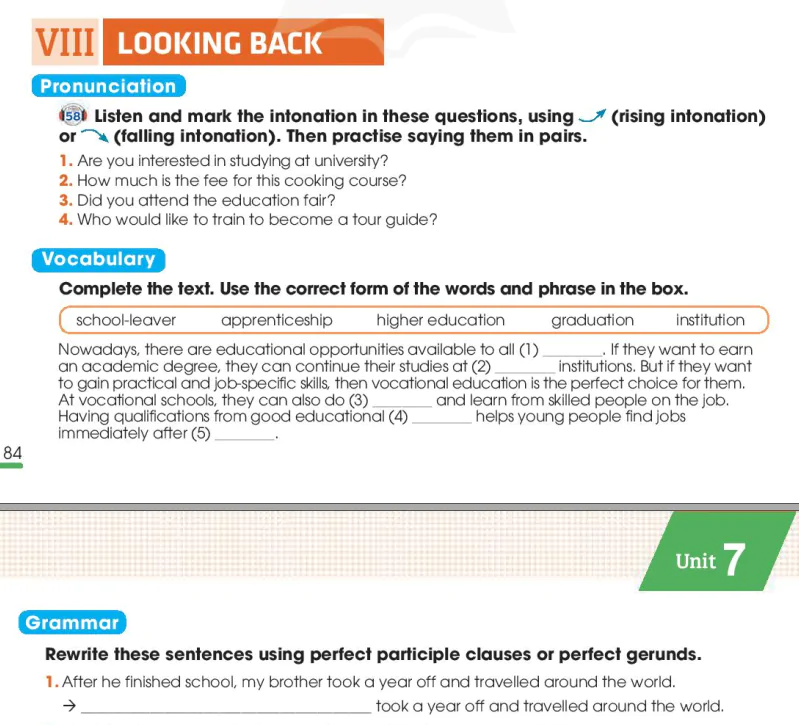
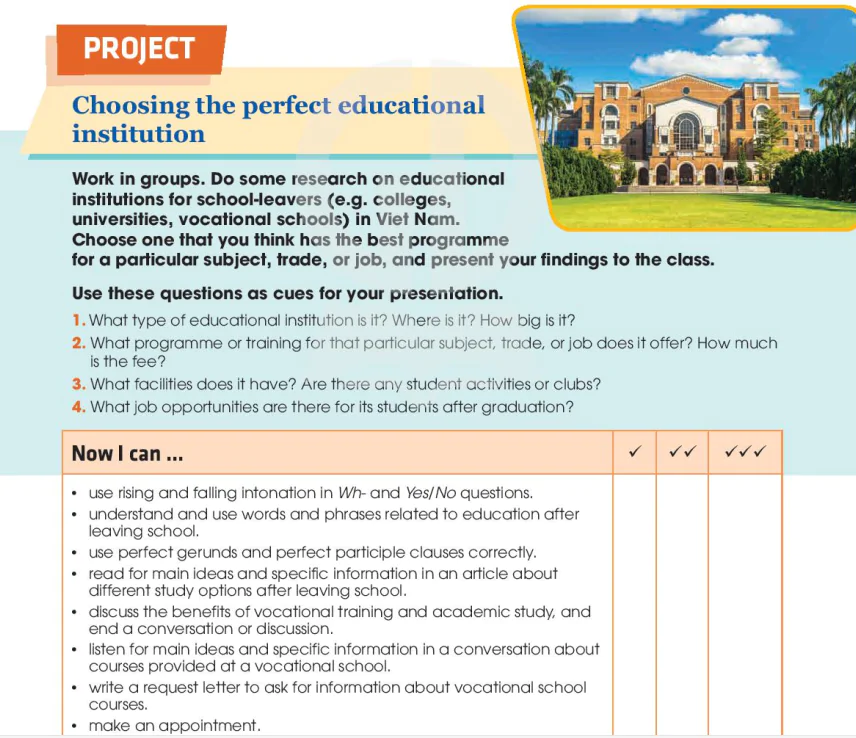
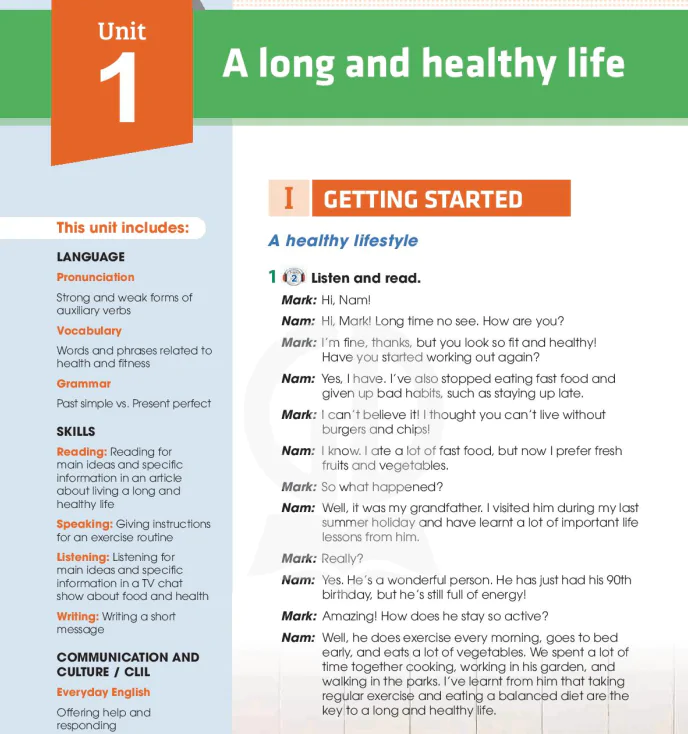
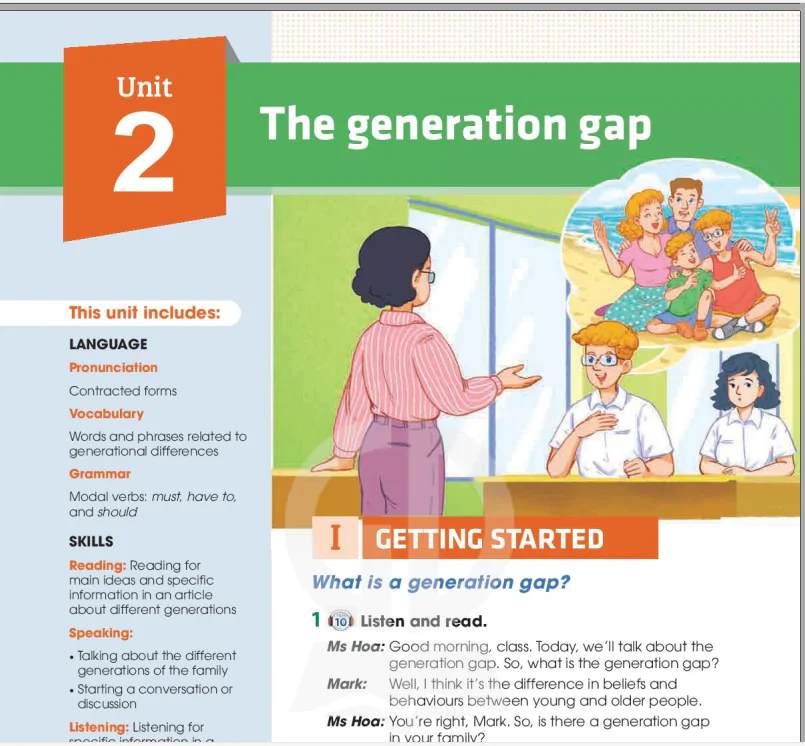
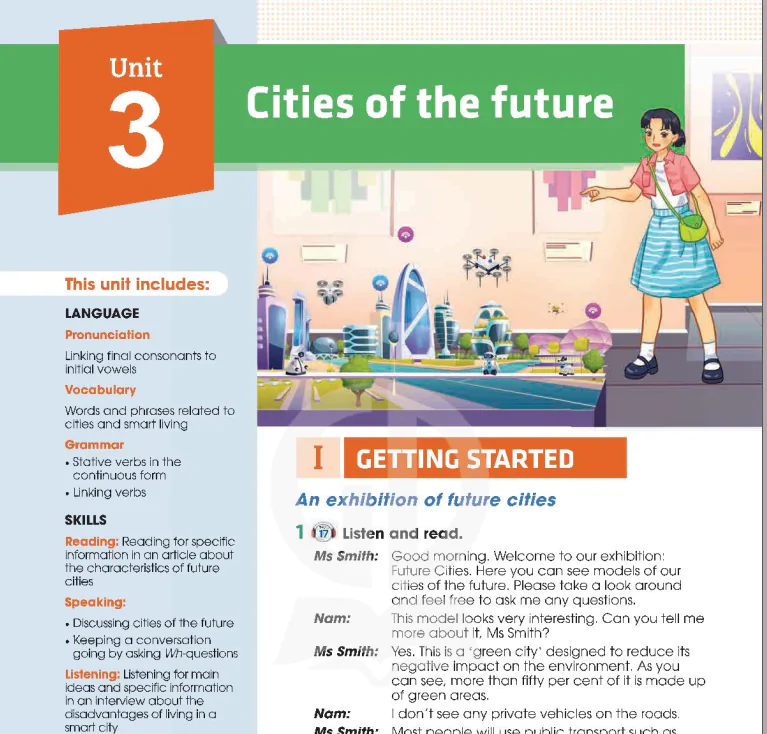
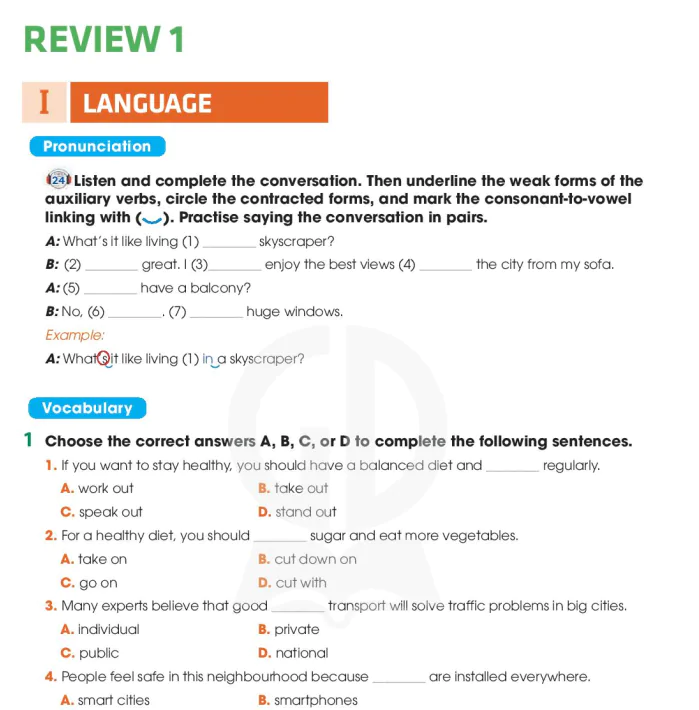
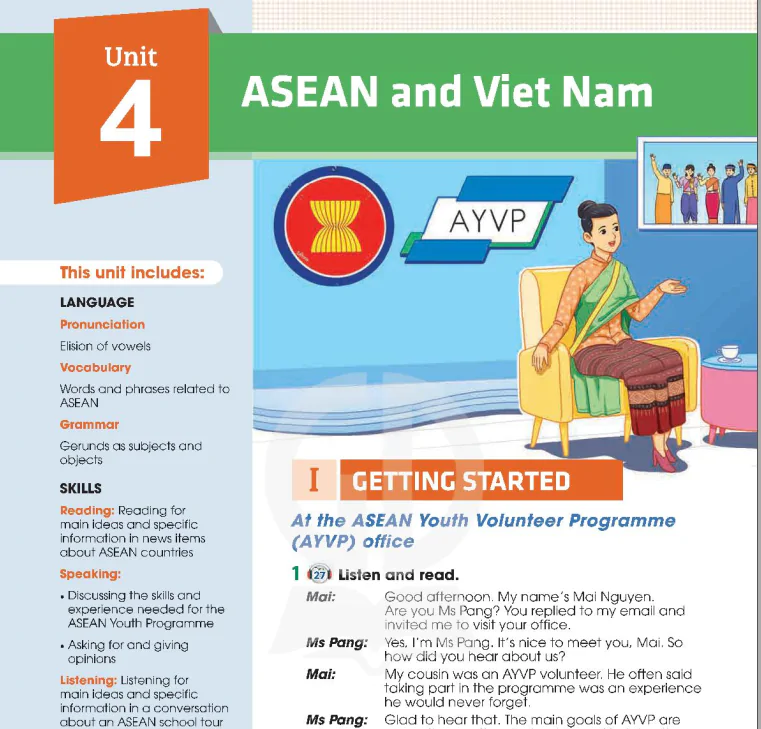
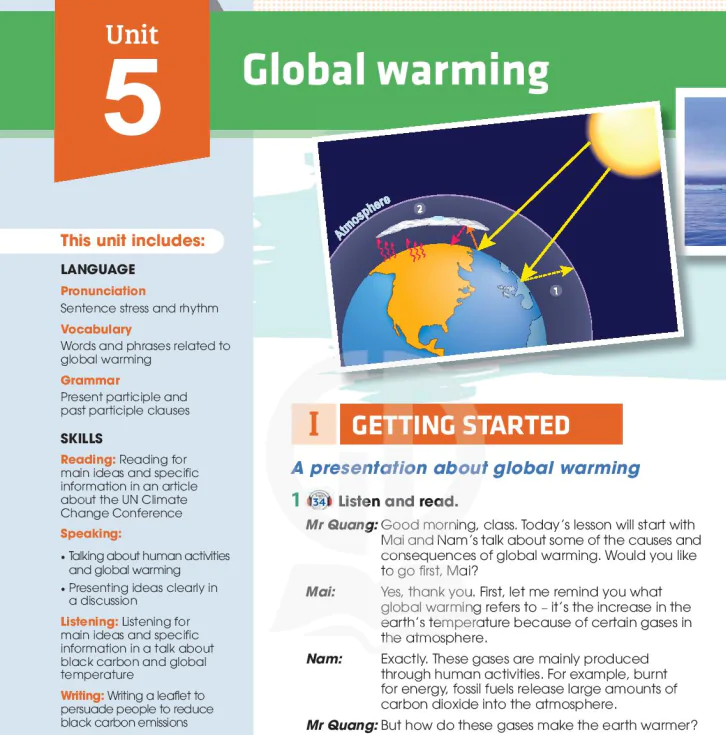
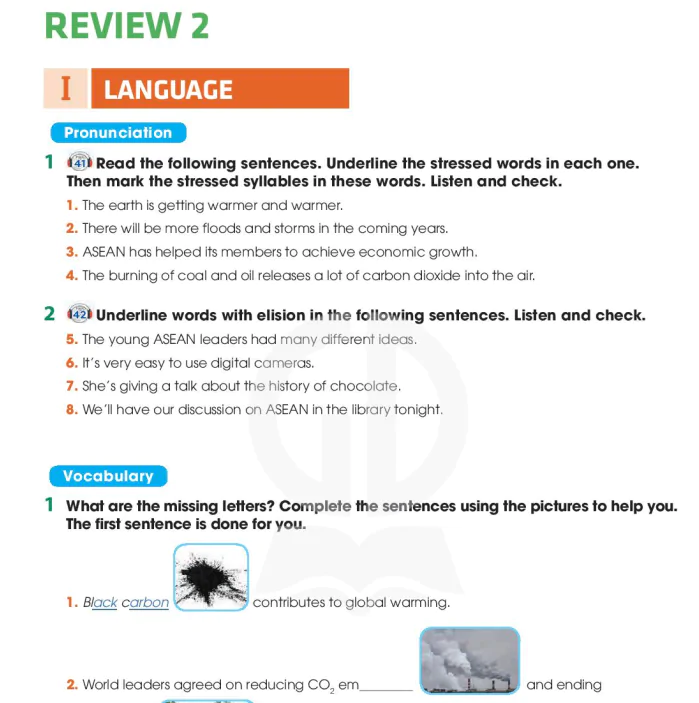
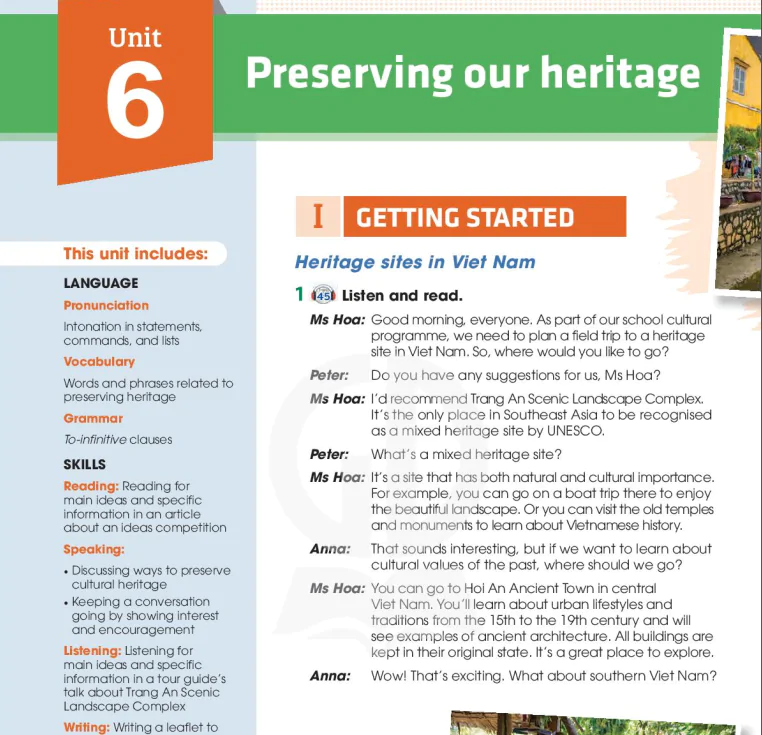

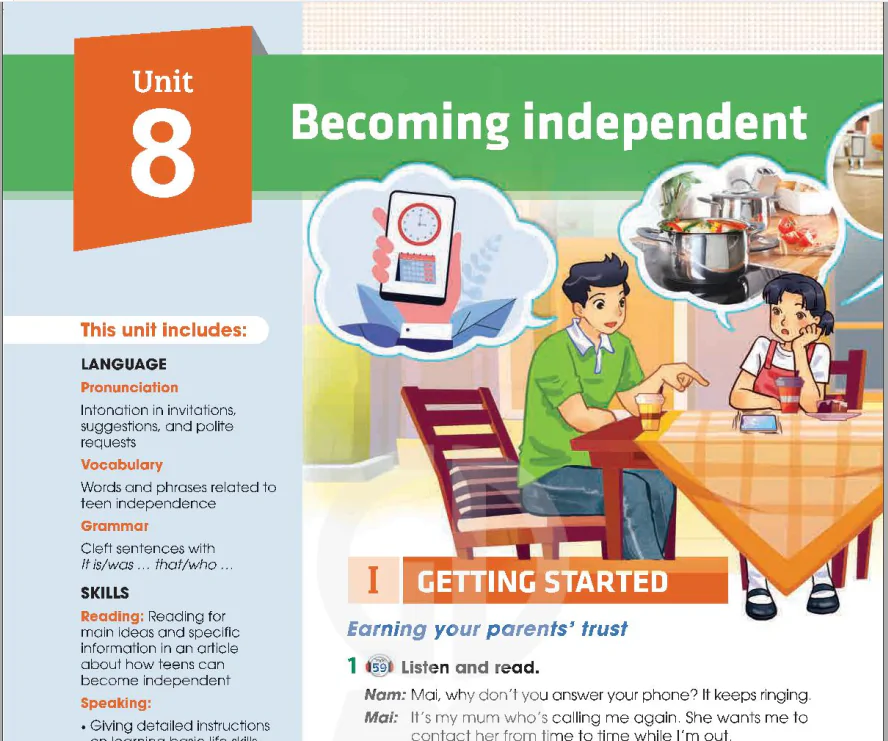
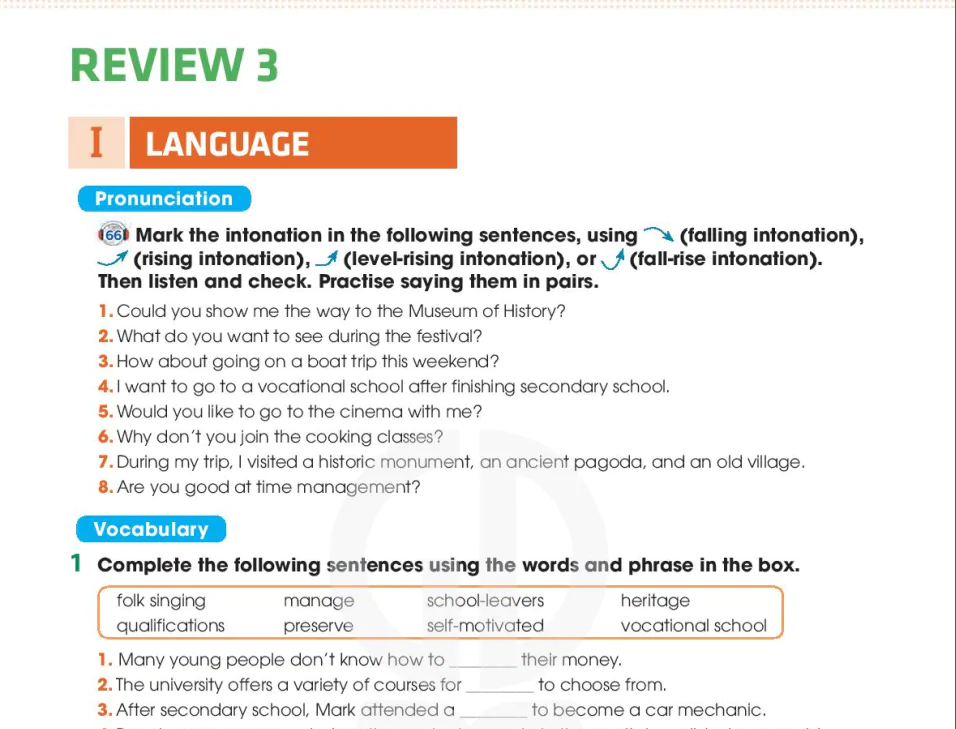
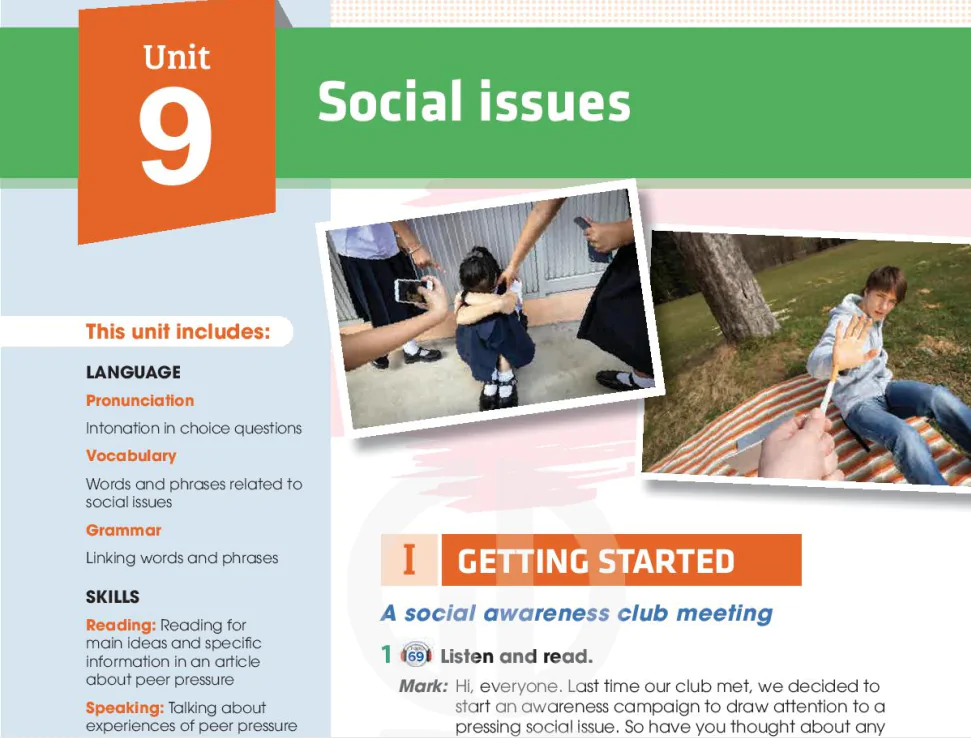
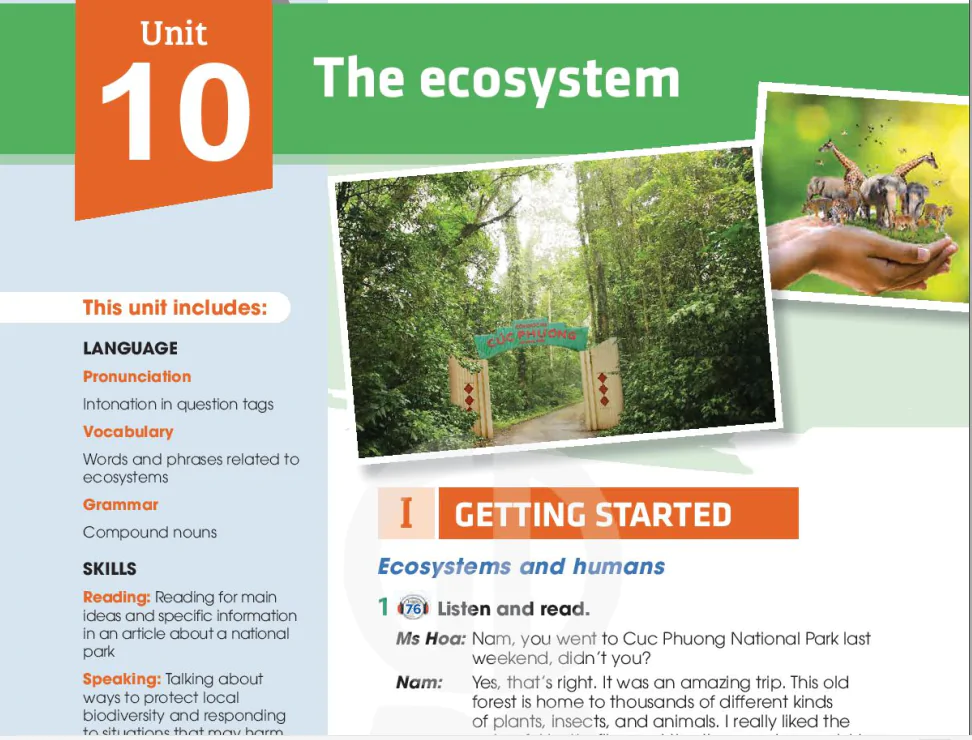
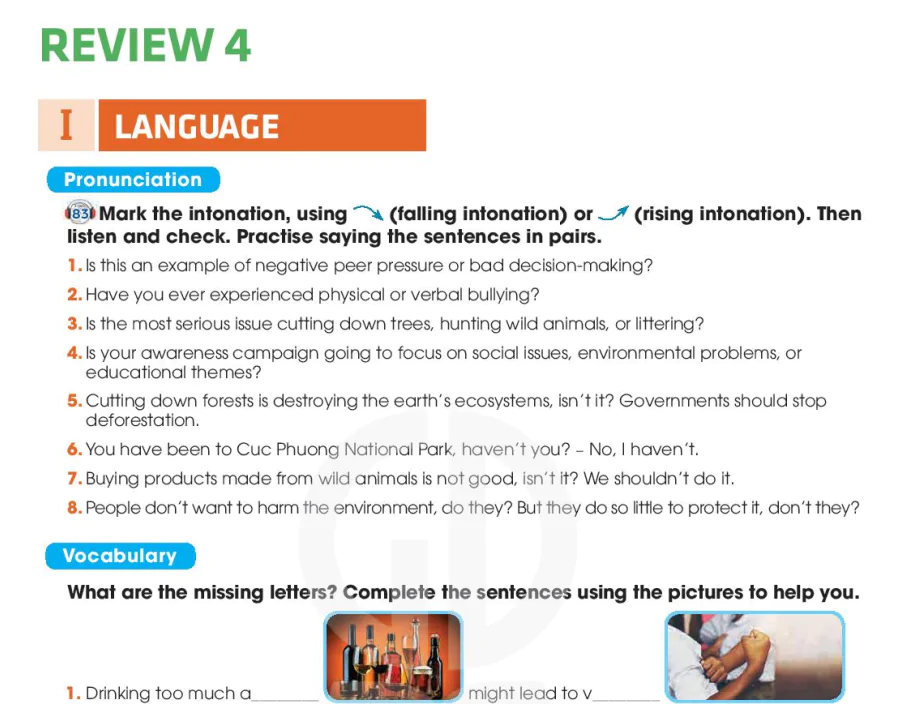
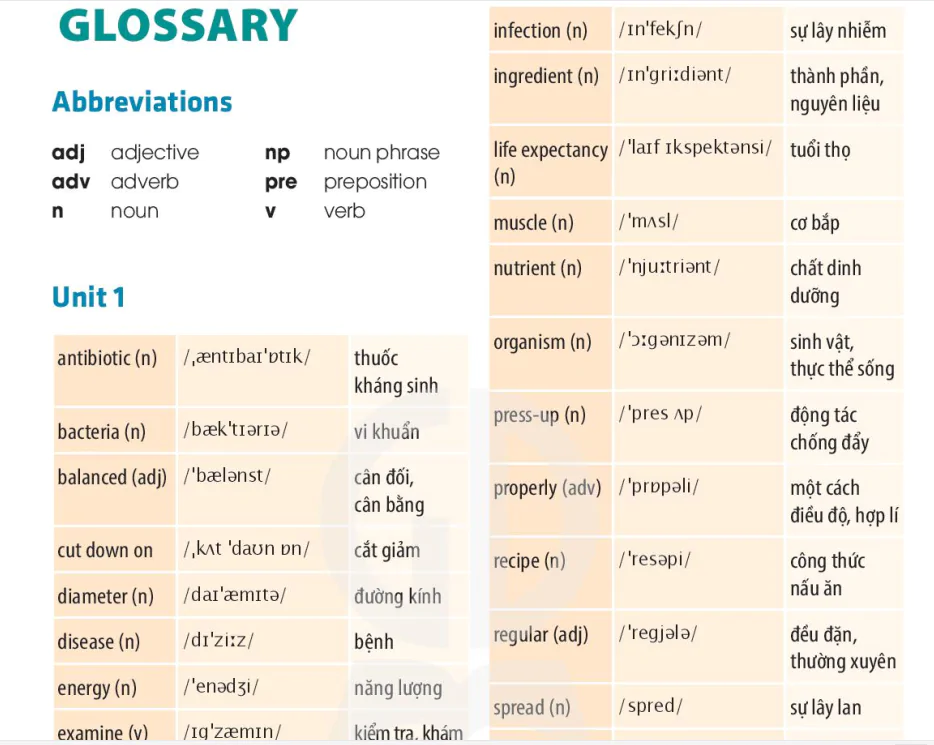
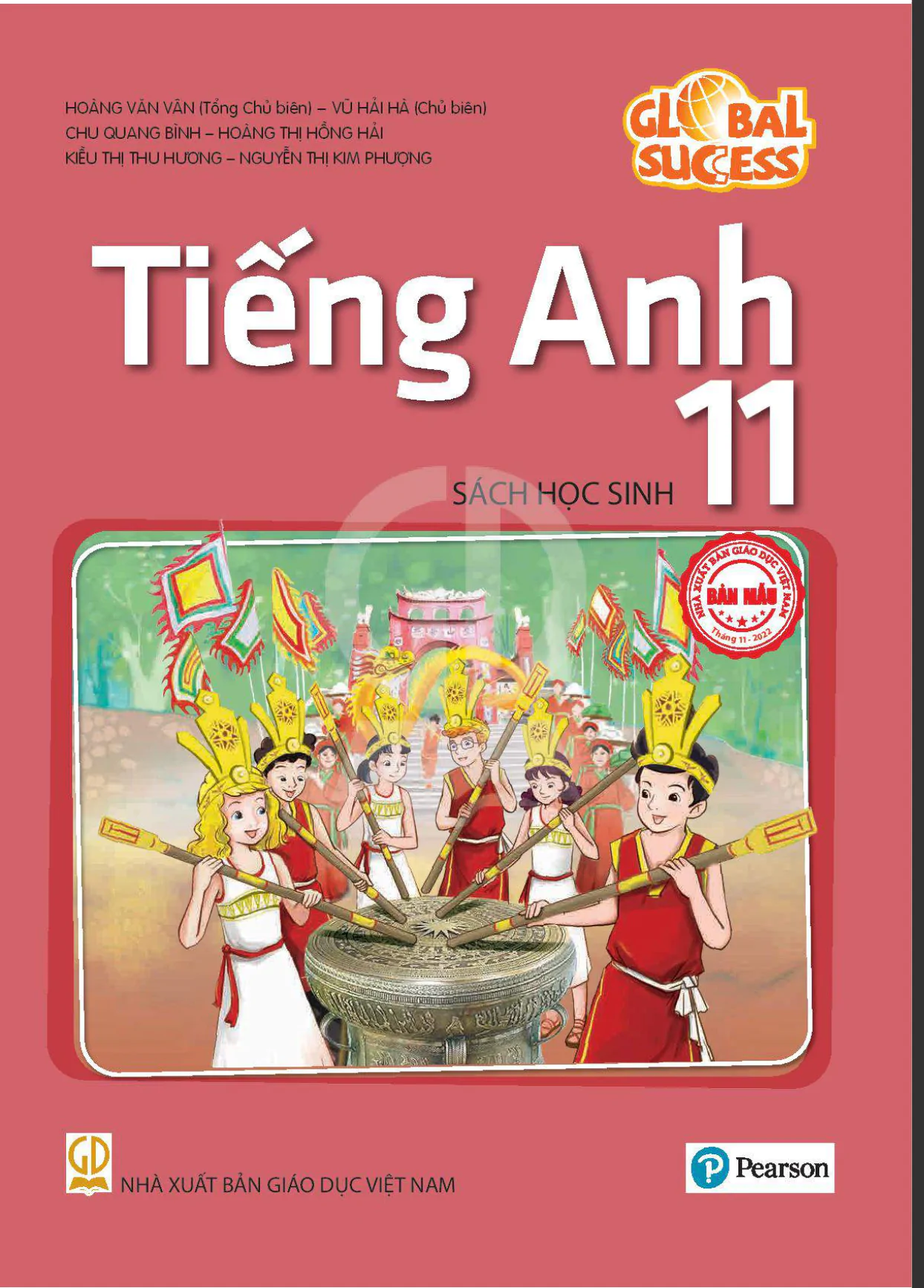

















Bình Luận
Để Lại Bình Luận Của Bạn